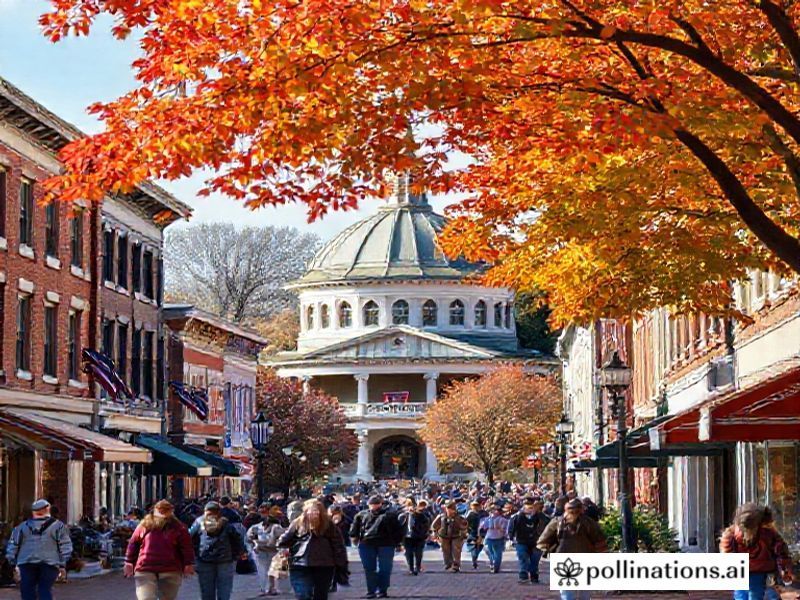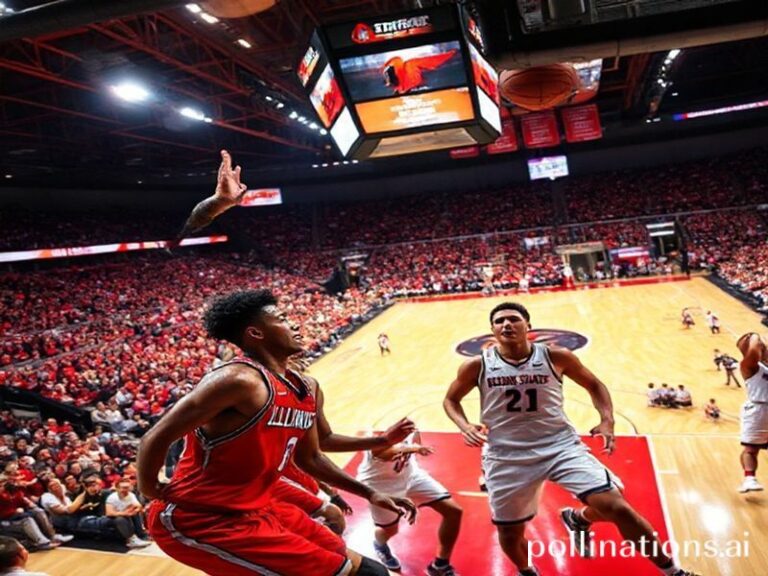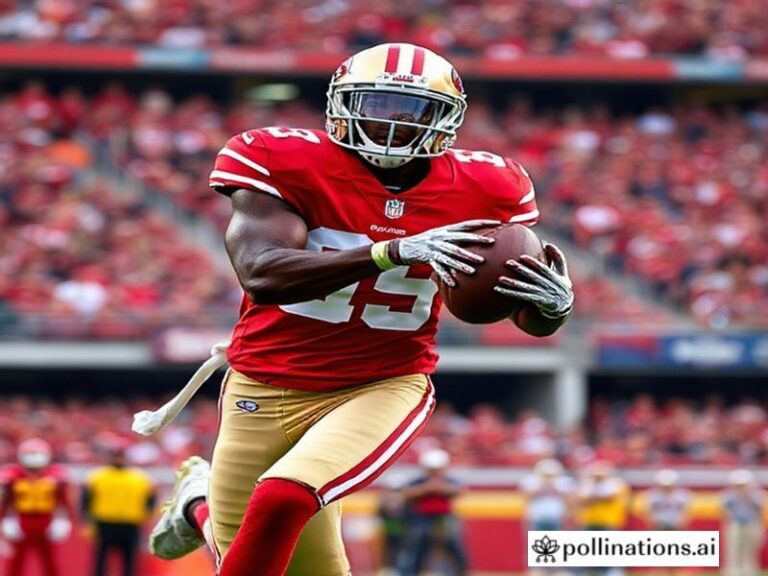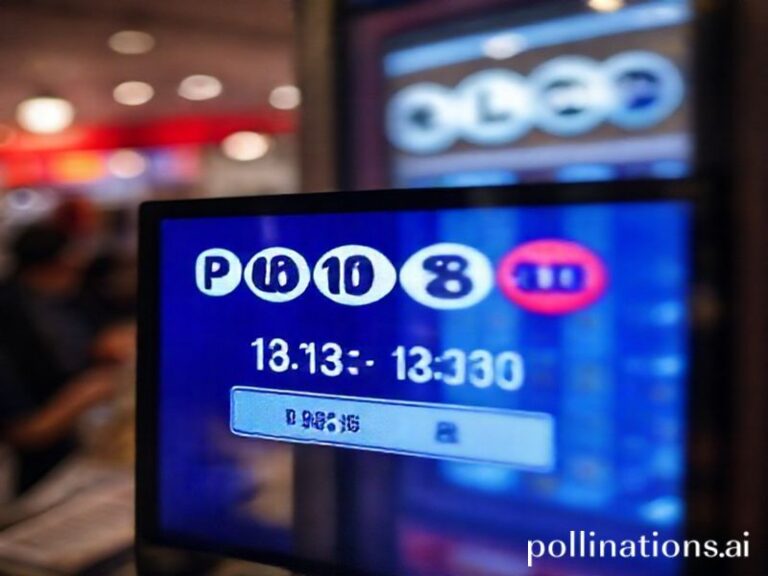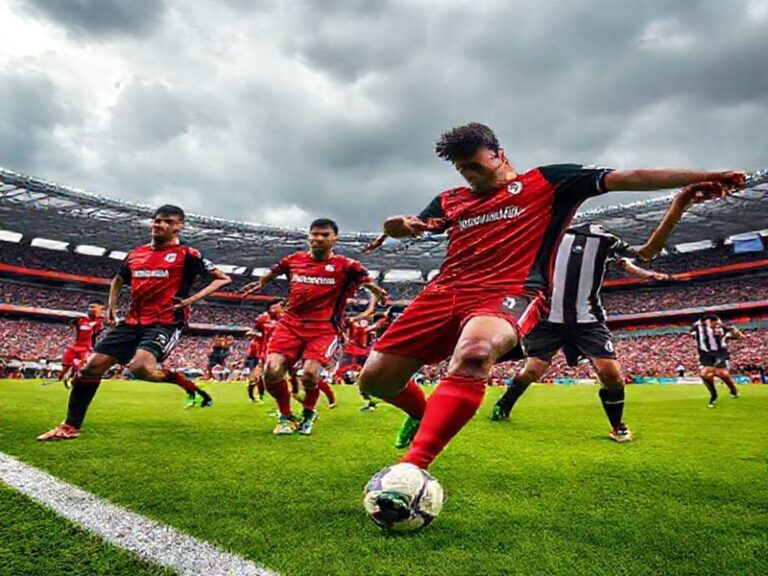Charlottesville, VA: The Internet’s Battlefield for Race, History, and Hate
**Charlottesville, VA: When History and Hate Collide in the Internet Age**
Alright, folks, buckle up. We’re diving headfirst into the whirlwind that is Charlottesville, VA—a name that’s been trending globally not for its charming downtown or the University of Virginia’s stunning architecture, but for a dark, divisive chapter that played out like a real-life episode of “The Handmaid’s Tale” meets “The Walking Dead.”
**The Spark**
In August 2017, Charlottesville became the epicenter of a storm when white nationalists, alt-right groups, and neo-Nazis descended upon the city to protest the removal of a statue of Confederate General Robert E. Lee. What was supposed to be a “Unite the Right” rally quickly devolved into chaos, with counter-protesters facing off against torch-wielding, swastika-bearing demonstrators. The violence culminated in a car ramming into a crowd of counter-protesters, killing 32-year-old Heather Heyer and injuring dozens more.
**Why It’s Trending Now**
So, why is Charlottesville back in the headlines? Well, the internet never forgets, and neither do those who were affected. Recent events, like the one-year anniversary of the rally and the release of a documentary about the events, have brought the story back into the spotlight. Plus, with the 2020 election season heating up, discussions about race, identity, and historical symbols have taken center stage.
**Cultural Context**
Charlottesville is a microcosm of the broader cultural wars playing out across the globe. On one side, you have those who see Confederate statues as symbols of racism and oppression, arguing that they glorify a past built on slavery and white supremacy. On the other, you have those who view these monuments as essential parts of history, insisting that removing them is an attempt to erase the past.
But here’s the thing: the internet has given a megaphone to voices that were once relegated to the fringes. White nationalists and alt-right groups have used social media to organize, recruit, and spread their messages. Meanwhile, counter-movements like Black Lives Matter and Antifa have also gained traction, using the same platforms to mobilize and push back.
**Social Impact**
The events in Charlottesville have had a profound impact on society. They’ve sparked conversations about race, privilege, and the legacy of slavery in the United States. They’ve also highlighted the role of social media in amplifying extremist views and the challenges of moderating hate speech online.
Moreover, Charlottesville has become a rallying cry for those fighting against racism and bigotry. It’s a symbol of resistance, a reminder of the work that still needs to be done to create a more inclusive, equitable society.
**The Significance**
So, why does Charlottesville matter? Because it’s a wake-up call. It’s a stark reminder that the ghosts of the past are still very much alive in the present. It’s a testament to the power of the internet to both unite and divide, to amplify and distort.
Charlottesville is also significant because it’s a battleground for the future. It’s a place where the cultural wars are being fought, where the lines are being drawn, and where the outcome will shape the world we live in for years to come.
In the end, Charlottesville is more than just a place. It’s a symbol, a meme, a hashtag. It’s a story that’s still being written, a story that’s as much about the past as it is about the future. And as long as there are those who fight for justice and equality, the story of Charlottesville will continue to resonate, to inspire, and to challenge us all.
So, let’s keep the conversation going. Let’s keep pushing back against hate, against bigotry, against the forces that seek to divide us. Because in the end, it’s not just about Charlottesville. It’s about all of us.

